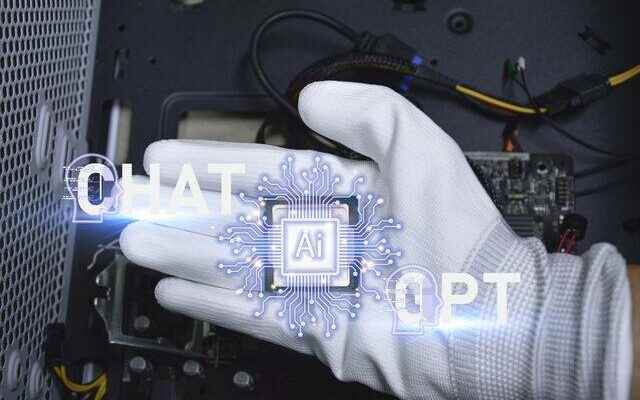Artificial intelligence has become a part of our lives like never before. People started to see the positive and negative sides of artificial intelligence and started to think about what could be done in the future as they experienced different experiences. ChatGPT, an artificial intelligence-supported chat robot that can answer questions asked by people and even write code, was on the agenda last month.
“A NEW AGE IN ARTIFICIAL INTELLIGENCE”
The launch of the AI-powered chatbot late last year marked a new era in artificial intelligence and fueled concerns about its impact on the labor market, the British Daily Mail reported.
The chatbot’s abilities, such as writing poetry, screenplays, and taking quizzes, have led some to suggestions that it could quickly take over some jobs in customer service, copywriting, and even law, according to the report. But according to the expert, this chatbot could put many people out of work within five years.
“I BELIEVE IT CAN REPLACE 20 PERCENT”
“I believe ChatGPT can replace 20 percent of the workforce. ChatGPT is not a fad, it’s a new technological revolution,” said artificial intelligence expert Richard DeVere, who serves as the head of Social Engineering at a firm.
DeVere continued:
“This isn’t just a new fad like Bitcoin, NFTs, or smart contact lenses. It’s happening and shows no signs of slowing down. It won’t be an overnight process where humans are automatically replaced by robots. The first wave is artificial intelligence to help with their day-to-day work. It will come from less experienced people who use their tools.”
Many companies “offer AI solutions to automate what people do. For example, one company is promising unlimited free AI copywriting, while another company is using ChatGPT as a chatbot to defend people against speeding fines in court.
“WE ARE YET IN THE FIRST STAGES”
DeVere said he knows several people who are already using the technology in their business and warned us that we are just at the beginning of the artificial intelligence revolution. But DeVere said that contrary to some warnings about technology, people in creative professions should feel safe for now.
“People in creative professions need not worry, instead they need to embrace developments,” DeVere said.
